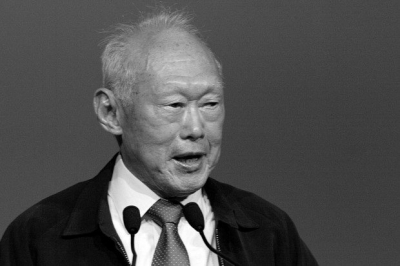
We call a dictator “benevolent” if he uses his powers for the good of the people, not simply for his own. The word “benevolent” is derived from the Latin and means “well-wishing”, but though many dictators have promised to defend the rights of the populace, most of them have failed to do so.
A dictator is a ruler who, usually because of some emergency, is given extraordinary powers of government. The office was first instituted in ancient Rome in 501 B.C. to deal with serious military, civil or criminal disturbances. The dictator was described as the “administrative dictator” (reigerudae causa) and held office for six months.
Modern dictators, like the ancient ones, have taken over the reins of government in times of crisis, but they have used their powers to establish a permanent and often tyrannical rule. Both Benito Mussolini and Adolph Hitler eventually became heads of government formally, in accordance with the constitution. Other famous dictatorships include the long-established figure of Spain’s General Franco and more recently Uganda’s President Amin.
Perhaps the best example of a benevolent dictator is Napoleon Bonaparte (1769-1821), Napoleon I of France from 1804 to 1814 and again for the “Hundred Days” in 1815. He seized absolute power in France, but his ambitions were for his country and his people rather than for himself. Under his rule industry expanded and the universities flourished, while he left enduring legacies in the shape of the Code Napoleon (the codification of French civil law), the reorganization of the judicial system, the Bank of France and the establishment of the military academies such as St. Cyr.
Picture Credit : Google




